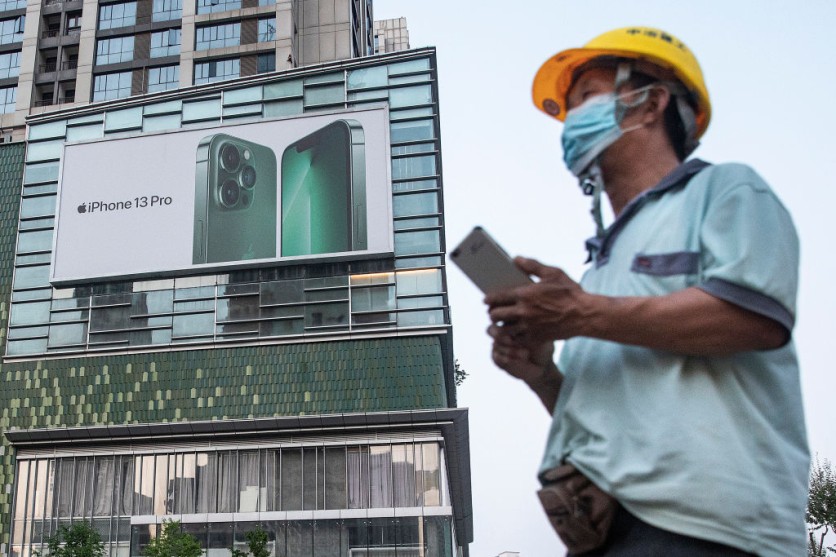Beijing and Washington are increasingly at odds, as seen by China's tightening limits on iPhone usage by state officials. These developments also present a growing issue for Apple, a business that is strongly dependent on China for both production and revenue.

Prohibiting iPhone Usage
According to unnamed sources, China has ordered employees of at least three major government departments and organizations to stop using iPhones while on the job. Financial markets have been affected by the order, with Apple shares falling by close to 3% in premarket trade.
The State Council Information Office, which responds to media queries on the government's behalf, has not made any remarks in the open about the situation. Since the subject is sensitive, there is no set date by which compliance must be achieved.
Uncertainty of the Matter
Although other sources indicate they have not received any formal notice of the restriction, it is unclear whether Chinese authorities have banned the use of iPhones. Others working for Chinese regulatory agencies have been warned they would be held responsible for any problems brought on by their use of iPhones.
As a result of Apple's stringent privacy policies, which make it hard for anti-corruption agents to access and examine suspects' phones, several government organizations have implemented regulations in 2020 that forbade employees from using iPhones.
Effects on Apple
China intends to broaden its prohibition on state-owned companies and organizations, which might have an effect on Apple and its suppliers. The shares of Apple and those of its suppliers have also fallen as a result of this news. Analysts compare the issue to Tesla's share price collapse in 2021 and argue that the market may have overreacted to it.
With over a quarter of Apple's overall income coming from China, this country is crucial for the company. Despite obstacles, Apple has had strong sales in China, which have been aided in part by Huawei's difficulties as a result of American penalties.
Tom Forte, a D.A. Davidson analyst, voiced worry that these limitations would impede Apple's sales development in China, which has already been adversely impacted by the difficult macroeconomic climate in that nation.
Cellular Migration
Because of worries about national security, China is increasingly favoring locally produced electronic products. Governmental organizations and state-owned businesses want to replace imported goods with domestic equivalents.
The local market is being dominated by Chinese firms like Xiaomi, Oppo, and Vivo, which puts Apple in competition. With a locally produced processor, Huawei's Mate 60 Pro smartphone might rekindle rivalry with Apple in the high-end smartphone market.
Related Article : Apple to Manufacture iPhones in India, as China's Plus One? Possible Move On the Way


![Apple Watch Series 10 [GPS 42mm]](https://d.techtimes.com/en/full/453899/apple-watch-series-10-gps-42mm.jpg?w=184&h=103&f=9fb3c2ea2db928c663d1d2eadbcb3e52)


